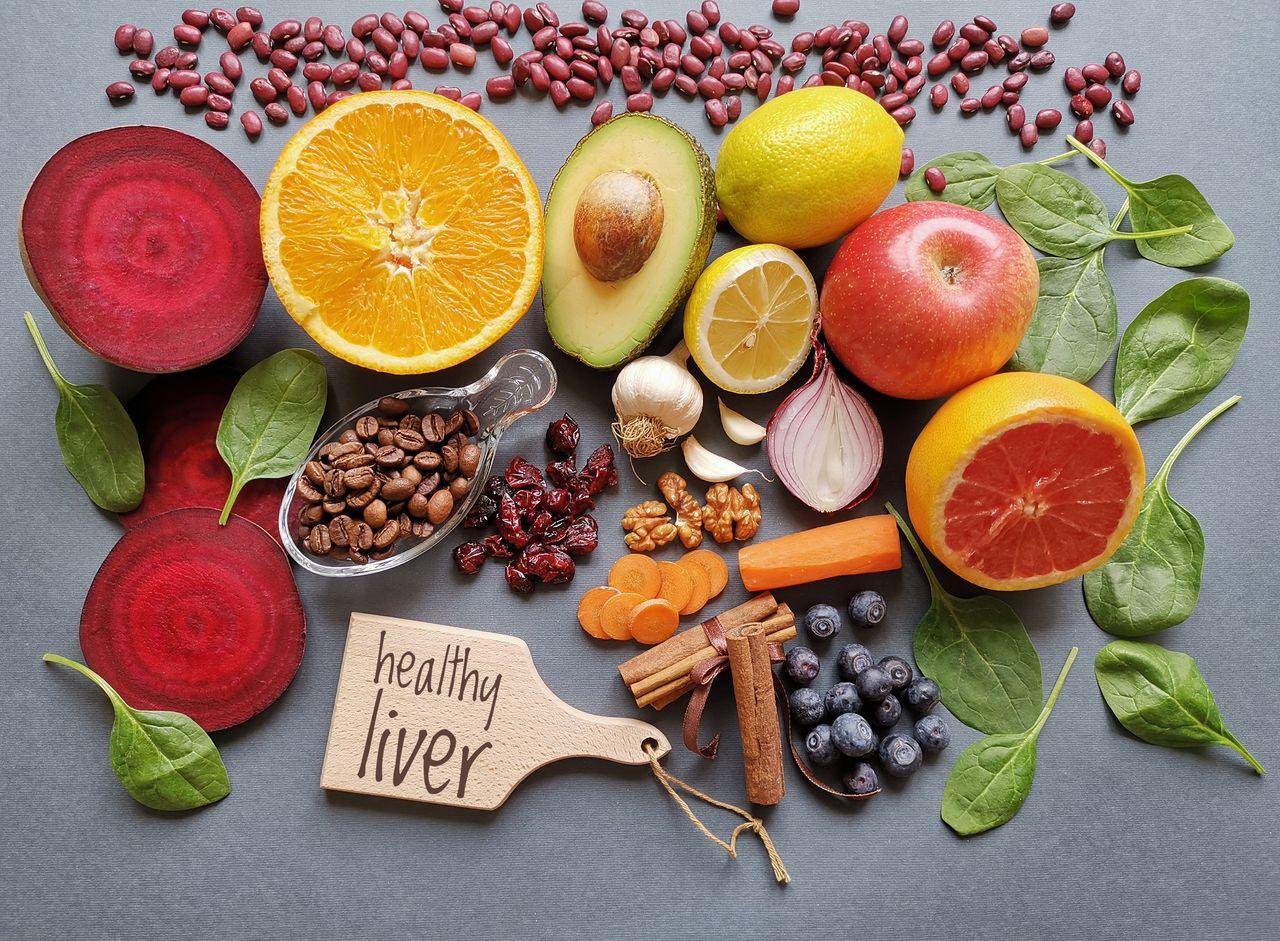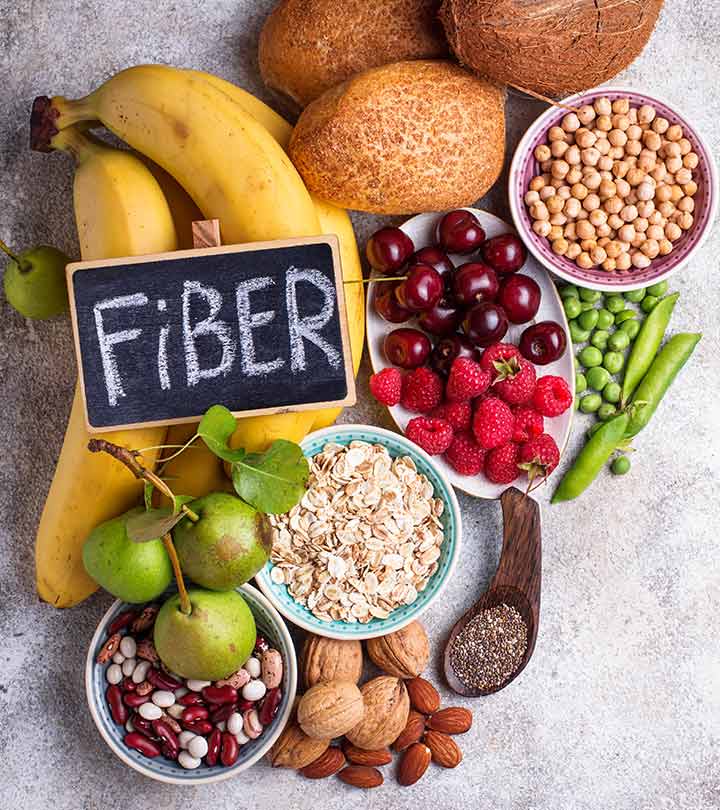What is Brown Sugar?
Brown sugar is a type of sugar (sucrose) that gains a brown color due to the presence of molasses. Brown sugar can either be commercially or naturally produced, with the former made by molasses being added to traditional white sugar, composing between 4% and 7% of the final product.The average brown sugar contains about 5% molasses by weight. Many people think brown sugar and jaggery are the same, but in fact, this variety of sugar contains far fewer minerals than jaggery, the latter of which comes from cane sugar, or date palm sap. Brown sugar is generally healthier than white sugar due to the molasses it contains, but it is still somewhat low in overall nutrients. Here are some brown sugar benefits for health.
Types of Brown Sugar
There are multiple types of this sugar, including demerara, turbinado, dark brown sugar, and muscovado, among others.
- Light Brown Sugar: In some cases, molasses is simply added to regular white sugar, and in light brown variety, about 3% of the sugar, by weight, is composed of molasses.
- Dark Brown Sugar: Similarly, the dark brown variety has about 6% molasses by weight, giving it a slightly stronger flavor.
- Muscovado: This is the darkest variety, and the most potent in terms of flavor, mainly due to the slow-drying process, often done in full sun.
- Demerara: As mentioned, brown sugar is often made from sugar cane, and once the cane juice is extracted and boiled, it leaves behind raw crystals of a light brown color. These are then dried in a centrifuge, leaving behind a brown sugar that has a mild molasses flavor.
- Turbinado: Very similar in its production to the demerara variety, turbinado bears more of a honey flavor and is popular in tea.
- Natural Brown Sugar: It is made when there are some residual molasses left in the mixture when sugar is crystallized. This type of sugar has a sweet, slightly caramelized flavor, and is a more potent ingredient than traditional white sugar.
Nutrition Facts

When it comes to nutrition, brown sugar offers only slightly more nutrients than white sugar. It contains calcium, potassium, iron, and magnesium, and a high concentration of carbohydrates, more than 97% by weight. A single teaspoon of this sugar delivers 17 calories.
Brown Sugar Benefits
The unique health benefits of brown sugar include its ability to boost energy levels, prevent cold, treat uterine infections, improve digestion, reduce flatulence, and aid in weight loss, just to name a few. Let us discuss them in detail below.
Menstrual Cramps
In traditional medicine, some cultures have blended this variety of sugar and ginger into a healthy tea that can eliminate the discomfort of menstrual cramps.
Skin Health
Using brown sugar as a skin exfoliant is one of the unexpected uses of this sugar; the rough texture makes it ideal for eliminating dirt, grime, and dead skin cells from your body’s largest organ.
Energy Booster
Like any other simple carbohydrate, this sugar does have an energizing effect on the body, making it a popular addition to morning coffee.
Obesity
Eating an excessive amount of this sugar variety isn’t a good idea, but molasses is known to boost the metabolism and satiate hunger, which could help in weight loss efforts.
Pregnancy
Following delivery of your baby, this sugar has been linked to helping speed the recovery, while also relieving some of the cramps and discomfort during pregnancy.
Flatulence
Some research has found that this sugar and the molasses it contains can help to suppress excess flatulence in the gut, which isn’t dangerous but can be embarrassing.
Asthma
Anecdotal evidence says that mixing this sugar in warm water and drinking it down can suppress the inflammatory symptoms of asthma.






